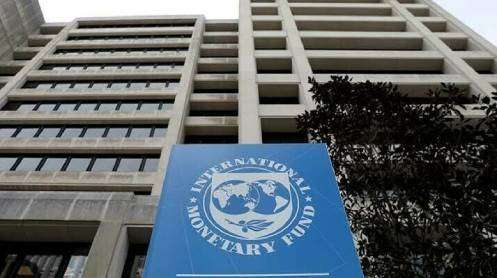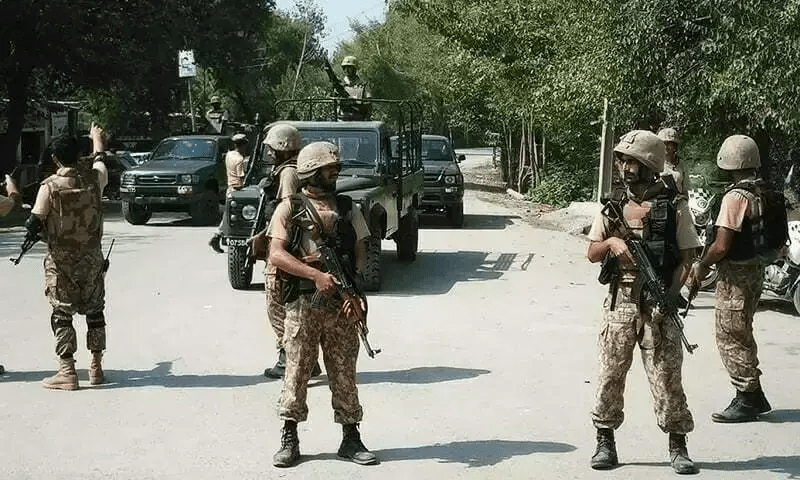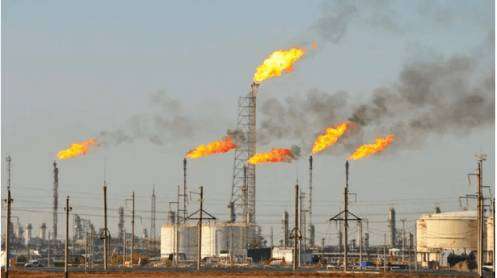ISLAMABAD, June 17, 2025 — In a major setback for Pakistan’s energy sector, the International Monetary Fund (IMF) has rejected the government’s proposals for \$6 billion in refinery upgrade projects aimed at producing cleaner Euro-V standard petrol and diesel, prompting the Special Investment Facilitation Council (SIFC) to call an emergency meeting on Wednesday to formulate revised proposals.
Senior officials from the Petroleum Division confirmed that new proposals would be discussed, although they warned these may lead to an escalation in project costs, ultimately to be borne by petroleum consumers.
To ease financial pressure on local refineries — which reportedly suffered Rs34 billion in losses due to the sales tax exemption imposed in the FY25 Finance Bill — the government previously raised the Inland Freight Equalization Margin (IFEM) by Rs1.87 per litre. This measure aims to recover the losses within 12 months. However, with rising global crude oil prices exceeding \$75 per barrel, any further increase in IFEM is expected to be a politically and economically difficult decision.
The IMF turned down the government’s proposals that included restoring zero-rated status and imposing a 10 percent sales tax on petroleum products (POL), deeming them insufficient. The Fund has asked the government to submit alternative policy options, which will be the key focus of the upcoming SIFC meeting.
Federal Petroleum Minister Ali Parvaiz Malik expressed concern over the failure to include any resolution in the FY26 Finance Bill regarding the tax exemptions affecting the viability of the refinery upgrades.
Separately, the SIFC will also deliberate on:
- Reactivation of the JJVL LPG-NGL extraction plant, which has been shut since June 2020. Its revival could save \$150 million annually in foreign exchange. A report indicates the plant’s closure has cost the economy over Rs125 billion to date.
- The White Oil Pipeline Project, set to be laid from Machhikay to Taru Jabba, to be developed in two phases. The Frontier Works Organization (FWO) aims to execute the project on a dollar-based tariff model with 25% equity participation from SOCAR, Azerbaijan’s state oil company.
- Gas supply issues for Tawarqi Steel Mill, also known as the National Steel Company, are expected to be reviewed for resolution.
These critical discussions come amid growing concerns about the country’s energy security, investment climate, and fiscal stability, as the government seeks to balance international commitments with domestic economic realities.
Story by Khalid Mustafa







